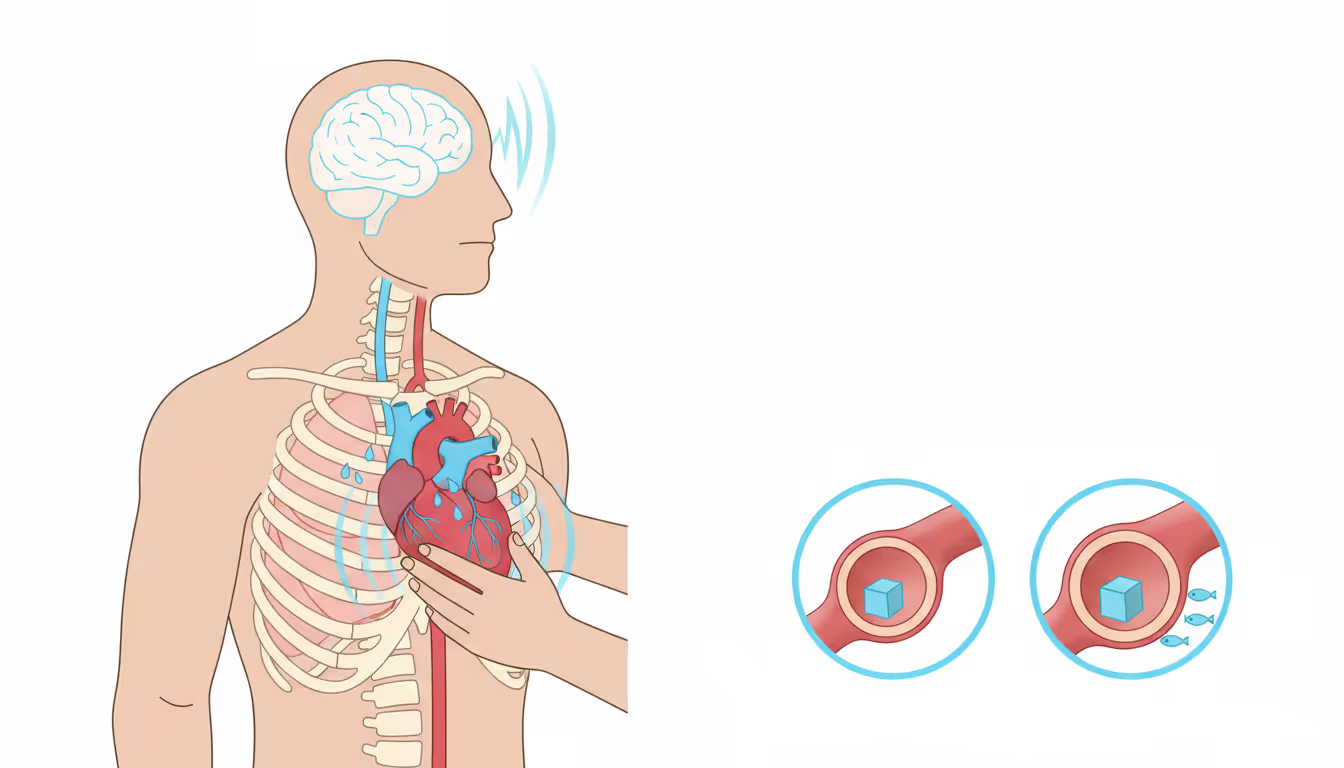
Omega-3 fatty acids are a type of nutrient found in fish oils, notably from salmon and other fish that thrive in cold waters. These acids help reduce levels of low-density lipoproteins (LDL), commonly referred to as "bad" cholesterol, in the bloodstream. Eicosapentaenoic acid (EPA) and docosahexaenoic acid (DHA) are the two main types of omega-3s. The human body can only produce a limited amount of EPA and DHA by converting alpha-linolenic acid (ALA), which is present in sources like flaxseeds, canola oil, and walnuts. Omega-3 is classified as a nutraceutical, meaning it is a food that offers health benefits. For instance, consuming fish has been linked to a reduced risk of developing late-stage macular degeneration, a prevalent eye condition. The American Heart Association advises consuming fish (especially fatty varieties such as mackerel, lake trout, herring, sardines, albacore tuna, and salmon) at least twice weekly. From a scientific standpoint, omega-3 fatty acids are characterized by having a double bond three carbons away from the methyl end of the molecule.




